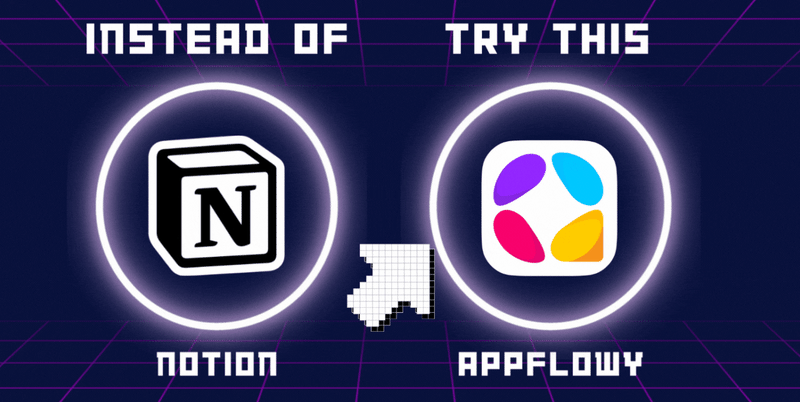✨2024 Resolution: Be more Open-Source centric

Pratham Tyagi
Posted on January 16, 2024

TL;DR
Why rely on proprietary software and services when there is (almost) always an open-source alternative that can do the job just as well, if not better?
Here are 10 open-source alternatives I’ve been using, covering everything from project management and communication to data analytics.
1- Cal.com instead of Calendly
Calendly was a game-changer for simplifying scheduling, but Cal.com managed to bring it to the next level. This open-source gem has features like:
- Team scheduling
- Integrated video conferencing
- Automatic time zone detection
3- Plausible instead of Google Analytics
Sure, Google Analytics is a big name, but sometimes smaller tools offer just as much, and a great example is Plausible.
This open-source tool provides website analytics features just like Google, and no, they don’t compromise on data privacy.
4- AppFlowy instead of Notion
Notion is an excellent workspace for anything about note-taking and project management but if you want an even more straightforward option, try AppFlowy.
This tool offers a minimalist alternative, focusing on simply creating and organizing lists, notes, and tasks.
The interface is very user-friendly; you’ll be a pro in no time.
5- Penpot instead of Figma
Figma is a design powerhouse, but its open-source cousin, Penpot, has been gaining momentum over the last year.
Here are Penpot’s key features:
Collaborative design capabilities
Vector editing
Interactive prototypes
Cost-effectiveness
6- Fonoster instead of Twilio
Twilio is a communication platform that provides APIs for SMS, voice, video, and authentication and offers a seamless customer experience.
Let me introduce you to Fonoster, the cost-effective alternative. Fonoster provides a similar offer with voice and messaging services. Fonoster focuses on scalability while giving you a seamless customer experience.
7- NextCloud instead of Dropbox
NextCloud is the open-source rival to Dropbox.
It offers file hosting, collaboration, and synchronization features, all while keeping your data private and under your control.
8- Jitsi instead of Google Meets
Jitsi is the alternative to Google Meets, offering similar video conferencing capabilities.
Their key features:
- End-to-end encryption
- Screen sharing
- And no registration is required!
9- Padloc vs 1Password
1Password is well-established in the password management landscape, but Padloc, an open-source tool, focuses on privacy and security just as much.
You can securely store and manage your sensitive and private information securely with Padloc, just like 1Password.
10- Crowd.dev instead of Common Room
Common Room has been gaining momentum in the community building landscape, but don’t overlook their open-source alternative, "crowd.dev".
Whether it’s project management, funding, or collaboration, "crowd. dev" can’t be overlooked to build and develop online communities.
Conclusion:
When choosing a tool, remember to check out the open-source option.
Open source brings transparency, customizability, and cost-effectiveness to the equation, making a good choice in most cases.
Congratulations, you made it to the end! Don't hesitate if you have any questions.

Posted on January 16, 2024
Join Our Newsletter. No Spam, Only the good stuff.
Sign up to receive the latest update from our blog.










